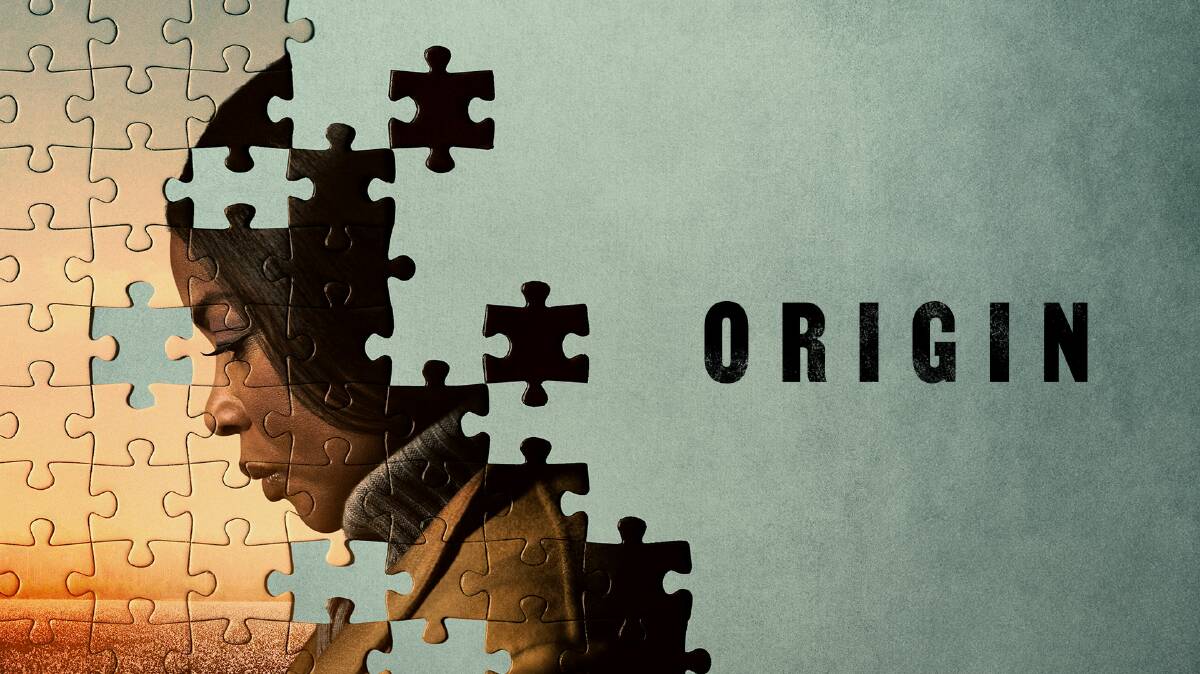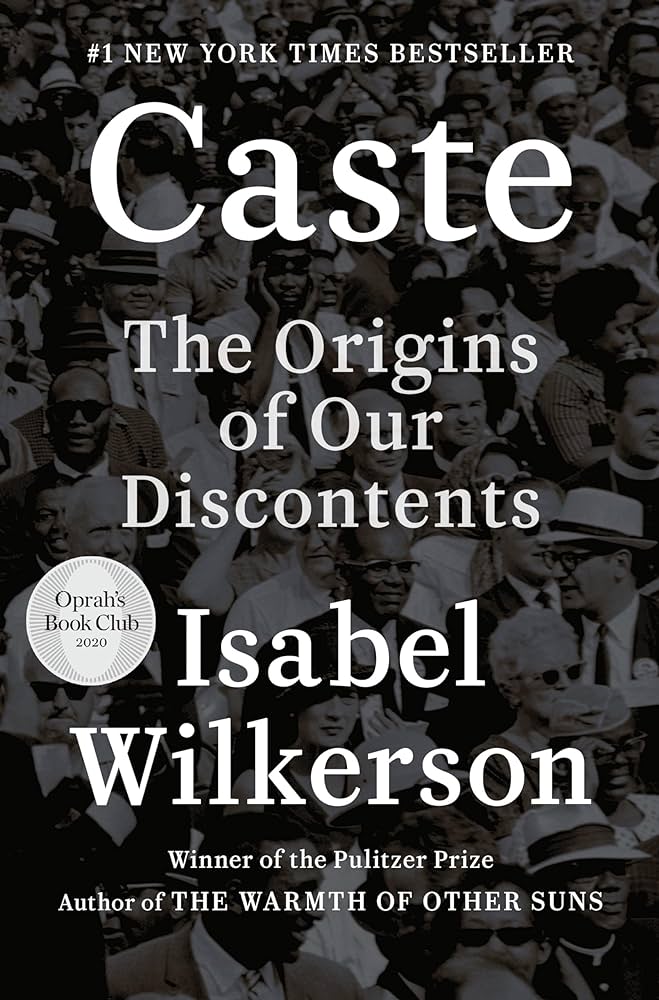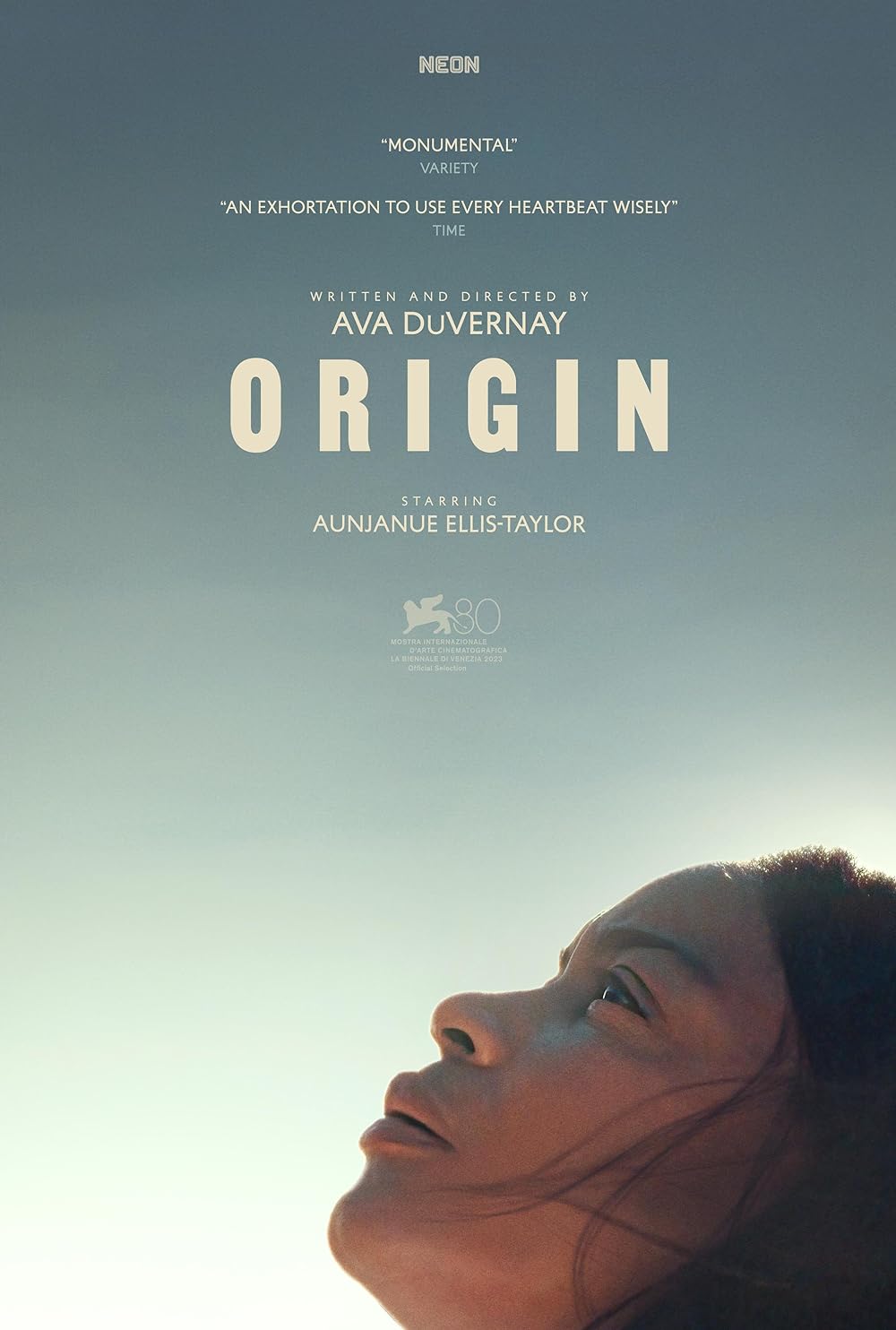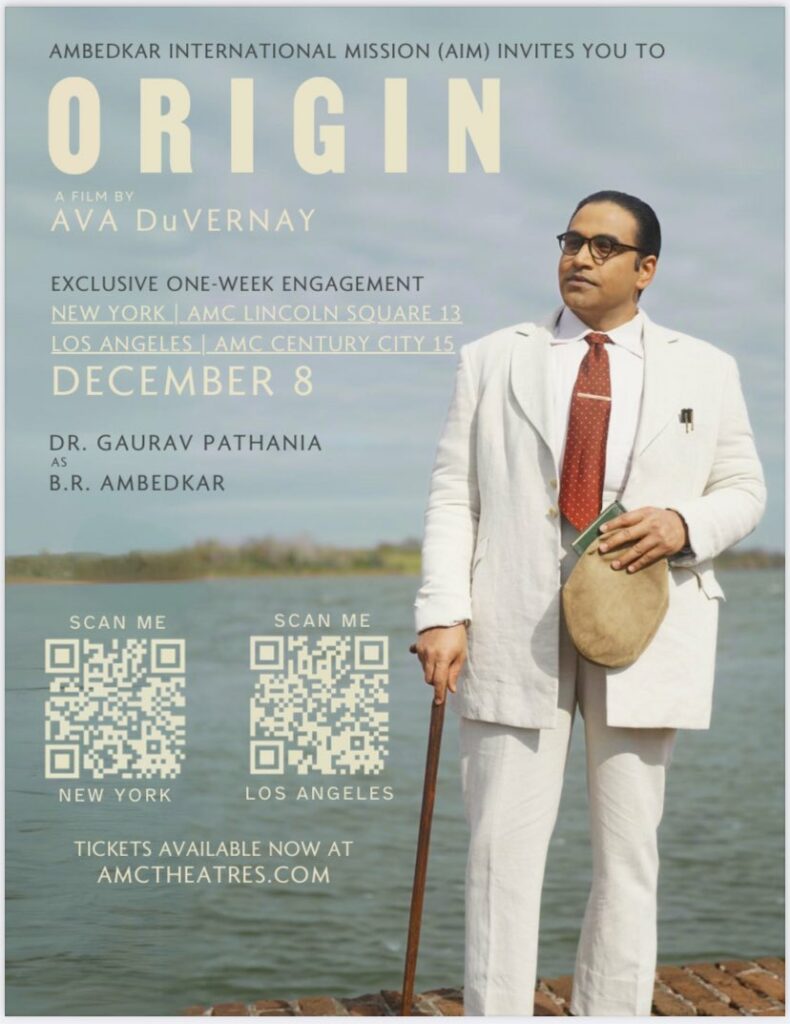The recently released film Origin by African American director Ava DuVernay is based on Isabel Wilkerson’s internationally acclaimed book Caste: The Origins of Our Discontents. In the book, Pulitzer Prize and National Humanities Medal–winning author Isabel Wilkerson uncovers the eight pillars—divine will, bloodlines, stigma, and more—that connect hierarchies across civilisations by tying the caste systems of the American South, Nazi Germany, and India in the 20th century.
The recently released film Origin by African American director Ava DuVernay is based on Isabel Wilkerson’s internationally acclaimed book Caste: The Origins of Our Discontents.
Her book also offers an enlightening and eye-opening look at what goes on behind the scenes in everyday lives of ordinary people. Similar to this, Ava DuVernay, well known for her Oscar-nominated film Selma (2014), attempts to make a strong case for the connection between the persecution of Jews in Germany, racial segregation in America, and caste discrimination and social exclusion in India. In essence, Aunjanue Ellis-Taylor’s portrayal of writer Isabel Wilkerson in Origin tells her story on screen.
Origin is an incredible, thoroughly researched, and extremely powerful reading of an academic book in which we are frequently taken to distinct settings and eras while making connections between the experiences of Black Americans, Dalits (former “untouchables”) in India, and Jews in Nazi Germany. The film aims to emphasise that caste, not race, serves as the main structural underpinning—a skeleton—for all other types of discrimination. Origin explores the histories of Germany, America, and India in an effort to identify a universal theme of prejudice.
Rather than restating the book’s events, DuVernay transformed “caste” into an investigative drama with a fictionalised plot that follows Isabel Wilkerson as she tries to piece together her life’s events as it falls apart. Anjanue Ellis-Taylor, who plays a key part in the film, gives a remarkable portrayal of Wilkerson that is authentic and deep enough to interact with the film’s scholarly and philosophical questions. When we first meet her, this character is surrounded by affection. She has a caring and pretty ideal husband in Jon Bernthal, an elderly mother, Ruby, played by Emily Yancy, and a cousin named Marion, played by Niecy Nash-Betts, who serves as a confidante.
Rather than restating the book’s events, DuVernay transformed “caste” into an investigative drama with a fictionalised plot that follows Isabel Wilkerson as she tries to piece together her life’s events as it falls apart.
Moreover, as Wilkerson discovers about a group of Harvard students—two of them Black and two White—who integrate themselves into a segregated Southern community to study it, a Nazi party member who fell in love with a Jewish woman, and an Indian intellectual who broke free from his lowly caste to support Dalit rights, DuVernay delves into her research. They have a distinct cinematic vibe about them. It may not be the most tastefully put together anthology, but intuitively, it works. Give the huge swing a chance, and viewers that follow DuVernay and Ellis-Taylor’s lead could find themselves transformed, or at the very least, a bit more inquisitive and vigilant. Origin is not only a film; presumably, it marks the beginning of a vivid and audacious new chapter in Wilkerson’s narrative, leaving those bothersome signs of aging firmly behind.
Origin: from caste in India to the global connections of caste
DuVernay attempts to illustrate Dalit people’s contextual reality and caste discrimination in India in the film Origin. In one of the scenes, Wilkerson is seen opening Dr. Ambedkar’s The Annihilation of Caste and searching for answers to a number of questions that arise after learning about the 2012 killing of Treyvon Martin, an innocent young Black man, for simply walking around the neighborhood because he was deemed a “threat”. This completely destroys Wilkerson. She chooses to investigate the underlying causes and subtleties of racism in the US and immediately abandons her ongoing research.
She also visited Germany and India on her search. She has a lot of questions, such as: if all Indians are mostly brown, how did the Brahmins distinguish between the “touchable” and the “untouchables”? Jews and Aryans are both white, so how did the Nazis distinguish one from the other? Her curiosity was piqued as to whether there was a common thread about the prohibition of interracial or intercaste marriages in an effort to maintain the “purity” of race or caste. Wilkerson uses concrete examples to support her claim that race functions as a “skin” whereas caste is an innate quality like a “bone”.
The film Origin shows how the Jim Crow Law, a segregation and disenfranchisement policy that isolated African Americans from common areas like buses, railroads, schools, and restrooms in the US in the 1890s, served as an inspiration for the Nazis. The film provides compelling examples of how the rigid upholding of endogamy is brought into play in all three instances of discrimination—the Holocaust, the Jim Crow era, and India.
The narrative and the striking landscape further support her theory. A few spectators could also be observed applauding during the film’s stirring conclusion. Though it focuses on Wilkerson’s history and present, it doesn’t sound like a biography or documentary about the author. The director successfully captures and maintains the audience’s interest in the author’s vision.
Riveting stories of Dr Ambedkar
In Origin Ava DuVernay has included and made the debut of Dr. B.R. Ambedkar on the big screen of Hollywood. Dr. Babasaheb Ambedkar is a worldwide symbol of social justice and human rights activism. Therefore, a renewed interest in Ambedkar’s personality and work has resulted from the dissemination of his works around the world. The first-ever Hollywood production presenting the “untouchable” child Bhima (Bhimrao) sitting outside a classroom, followed by him as a young man strolling around Columbia University and reading books, is breathtaking and captivating.
In the film, Dr. Gaurav Pathania, an assistant professor of Sociology at Eastern Mennonite University (EMU) in Virginia, portraying Ambedkar looks, and performs excellently. Although he has little screen time and no dialogues, he is depicted in a number of manifestations, including as a Columbia University student on campus, in and around New York, and during the Mahad Satyagraha. Despite this, his character becomes very lively and touching. In the film, Wilkerson travels to Delhi and meets Harvard Scholar Dr. Suraj Yengde, an Indian researcher who provides her with further information on the caste system in India and tells her Ambedkar has links to African Americans. In the film, Dr. Yengde delivers an outstanding acting debut as his own persona.
Origin demonstrates how caste plays a fundamental role in a developing nation like India, where manual scavenging is still an inhumane practice. In the film, there’s a scene where Dalits, wearing nothing but oil on their bodies, move into a manhole filled with human excreta. This scene not only highlights the vulnerability of an underprivileged community, but it also helps us comprehend how and why caste-based practices like manual scavenging persist in some parts of the world even in the so-called era of technology. The filmmaker makes a point extremely effectively by using Ambedkar’s actual voice and his thoughts on endogamy as a caste preserver.
Origin demonstrates how caste plays a fundamental role in a developing nation like India, where manual scavenging is still an inhumane practice.
People who support equality, liberty, social justice, and human rights all throughout the world will be inspired by Ambedkar’s big-screen Hollywood debut. In contrast, Ambedkar was not even mentioned in passing in Richard Attenborough’s 1982 film Gandhi. However, it’s a new beginning with Origin, a Hollywood production where by including Ambedkar and an African American lead character, an effective combination of the downtrodden has been produced. Origin is a poignant and revealing film by Ava DuVernay that explores the ways in which hierarchy perpetuates itself and issues a call to action for the effort to dismantle it because as Wilkerson (2020) also points out, ‘A world without caste would set everyone free’ (p. 388).

Ava DuVernay, the filmmaker, made history by being the first African American woman to compete for the coveted Golden Lion Award at the Venice Film Festival. She also earned a standing ovation that lasted more than eight minutes. Origin has received praise for the director’s innovative storyline and the lead actor’s outstanding performance. Origin was initially released in September 2023 in theatres through Neon in the USA and later in the UK. Although the release dates for India have not yet been disclosed, people can rent or purchase it online from several online platforms, such as Google Play, Apple TV+, and Amazon.
Reference:
Wilkerson, I. (2020) Caste: The Lies That Divide Us. Great Britain: Allen Lane, an imprint of Penguin Books, Penguin Random House UK.








well written! Thank you for writing this!